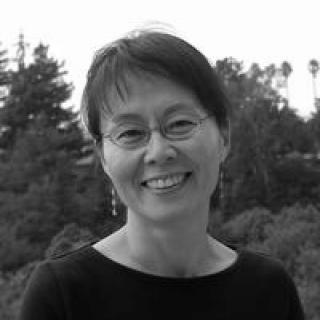
You-Tien Hsing
You-Tien Hsing's research and teaching has been focused on the political economy of development in East Asia, especially China. She is interested in the question of power and space. Her first book, Making Captialism in China: The Taiwan Connection, focuses on the role of culture in inter-regional capital flows. In her second book, The Great Urban Tansformation: Politics of Land and Property in China, she examines the issue of territorality. She looks at how the transformation of the state and the society shapes and is shaped by land battles in Chinese cities and villages. Her co-edited book, Reclaiming Chinese Society, looks at China’s emerging social activism in the struggles over distribution, recognition, and representation. Her current project concerns the cultural and environmental politics in Northwestern China. For her research, she draws inspiration from ethnographical work: in-depth interviews and participatory observation with a reflexive perspective. She believes that theorizing starts from muddy realities. It is a process of open dialogues and self-reflections, of which the historical and the geographical, the institutional and the emotional are all indispensable parts.



